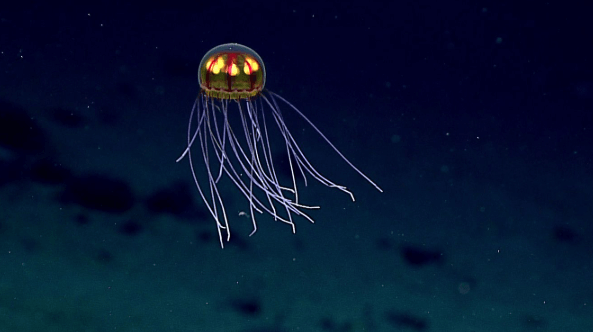Why Did Nasa Stop Exploring the Sea

NASA’s historical involvement in ocean exploration was once marked by significant advances in our understanding of marine environments, driven by innovative technologies originally developed for space missions. However, a shift in focus towards space exploration, compounded by budgetary constraints, has led to a marked decline in oceanographic research.Why Did Nasa Stop Exploring the Sea This transition raises critical questions about the implications of neglecting our oceans, particularly as they remain largely unexplored. What might we be overlooking beneath the waves, and how might this oversight impact our understanding of Earth’s ecosystems?
Historical Context of NASA’s Ocean Exploration
Historically, NASA has frequently intersected with ocean exploration, particularly during the early years of its establishment in the 1960s.
Read also Nfl Banned Taylor Swift
The agency’s involvement yielded significant oceanic discoveries, Why Did Nasa Stop Exploring the Seaenhancing our understanding of marine ecosystems.
Collaborations with oceanographic institutions allowed NASA to apply its technological expertise, fostering advancements in underwater research.
This synergy underscored the importance of exploring our planet’s depths, complementing its space exploration initiatives.
Budget Constraints and Funding Issues
Budget constraints and funding issues have significantly influenced NASA’s trajectory in ocean exploration over the years.
As the agency prioritized its exploration budget, ocean funding became increasingly limited, diverting resources to more immediate goals in space.
This shift hindered the potential for groundbreaking discoveries beneath the waves,Why Did Nasa Stop Exploring the Sea leaving vast oceanic regions unexplored and diminishing our understanding of Earth’s aquatic ecosystems.

Technological Advancements in Aerospace
Advancing technologies in aerospace have revolutionized our understanding of both outer space and Earth’s environment, including its oceans.
Innovations in space technology enable more efficient data collection and analysis, while ocean robotics improve exploration capabilities.
These advancements enhance our ability to monitor marine ecosystems and contribute to scientific knowledge, fostering a sense of freedom in exploration and discovery, Why Did Nasa Stop Exploring the Seaboth above and below the waves.
Shift in Scientific Priorities
In recent decades, a notable shift in scientific priorities has emerged, redirecting focus away from ocean exploration toward the vast expanse of outer space.
This change has led to a decline in oceanography researchWhy Did Nasa Stop Exploring the Sea, which is crucial for understanding marine ecosystems.
Read also Nidal Al-Mughrabi
As we prioritize extraterrestrial endeavors, the intricate relationships within our oceans may suffer, underscoring the need for a balanced approach to scientific inquiry.
Conclusion
In conclusion, the transition from ocean exploration to space endeavors highlights a significant reallocation of resources. Budget constraints curtailed oceanographic research, while technological advancements initially developed for aerospace facilitated earlier marine studies. As scientific priorities shifted towards extraterrestrial investigations, vast regions of Earth’s oceans remained largely unexplored, and the complexities of their ecosystems became increasingly overlooked. This dual trajectory underscores the need for renewed focus on ocean exploration to enhance understanding and appreciation of marine environments.







